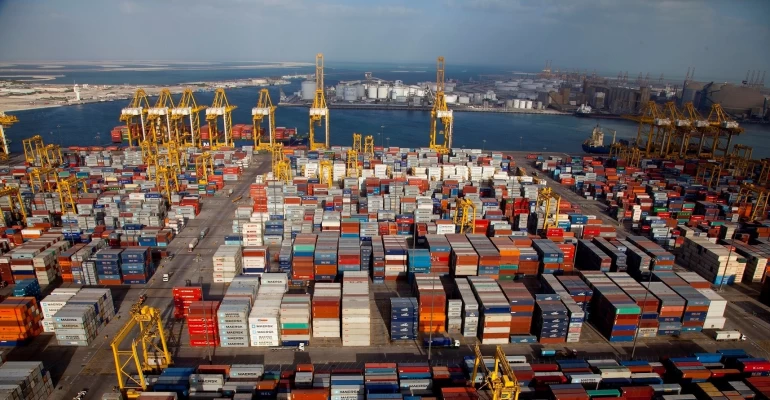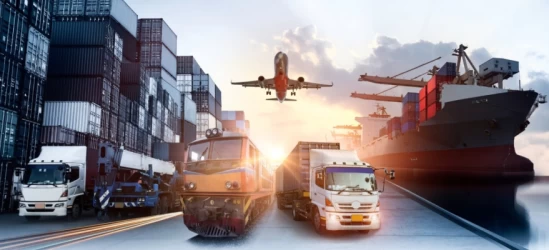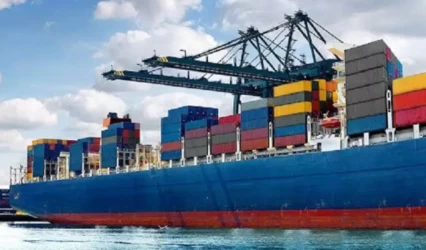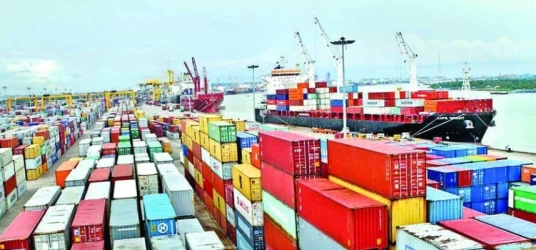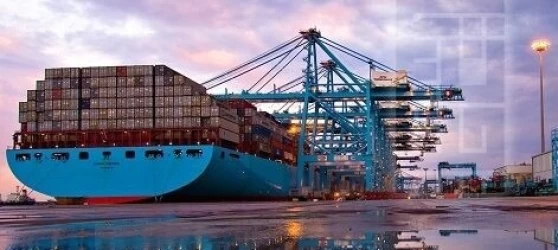Sea Freight in Jebel Ali Port
Jebel Ali Port, located in Dubai, United Arab Emirates, is one of the largest and busiest ports in the world. Managed by DP World, it serves as a critical hub for sea freight, connecting the Middle East with global markets. This article explores the various aspects of sea freight operations at Jebel Ali Port, including its infrastructure, services, and strategic importance.
Infrastructure and Facilities
Jebel Ali Port boasts state-of-the-art infrastructure designed to handle a wide range of cargo types. The port features:
- Container Terminals: Jebel Ali has multiple container terminals equipped with advanced cranes and automated systems. These terminals can handle the largest container ships, ensuring efficient loading and unloading processes.
- General Cargo Terminal: Covering over 1.4 million square meters, this terminal handles bulk, breakbulk, and RoRo (Roll-on/Roll-off) cargo. It includes 27 berths with a quayside depth of 15 meters, accommodating large and special cargo vessels.
- Cool and Cold Storage: The port offers modern cool and cold storage facilities, ideal for perishable goods. These facilities maintain temperatures ranging from -29°C to +20°C, ensuring the safe storage of items like pharmaceuticals, food products, and cosmetics.
- Container Freight Station (CFS): Located outside Gate 2, the CFS covers a total area of 134,343 square meters. It provides services such as LCL (Less than Container Load) handling, FCL (Full Container Load) de-stuffing/stuffing, and cargo consolidation.
Services Offered
Jebel Ali Port offers a comprehensive range of services to meet the diverse needs of its clients:
- Container Handling: The port’s container terminals are equipped to handle the largest container ships, ensuring efficient and timely operations.
- Bulk Cargo Handling: Specialized facilities and equipment are available for handling bulk cargo, including grains, minerals, and chemicals.
- Oil and Gas Services: Jebel Ali Port provides dedicated services for the oil and gas industry, including storage and handling of petroleum products.
- Logistics Services: The port offers integrated logistics solutions, including warehousing, distribution, and transportation services.
- Industrial Services: Jebel Ali supports various industrial activities, providing facilities for manufacturing, assembly, and packaging.
Strategic Importance
Jebel Ali Port’s strategic location and advanced facilities make it a vital hub for global trade:
- Transshipment Hub: The port serves as a major transshipment hub, facilitating the movement of goods between Asia, Europe, and Africa. Its strategic location allows for efficient redistribution of cargo to various regional markets.
- Economic Impact: Jebel Ali Port significantly contributes to the UAE’s economy, supporting trade and commerce. It attracts businesses and industries, creating job opportunities and fostering economic growth.
- Connectivity: The port is well-connected to major global shipping routes, ensuring seamless connectivity with international markets. It also has excellent road and rail links, facilitating the smooth movement of goods within the region.
Challenges and Future Prospects
While Jebel Ali Port is a leading player in the sea freight industry, it faces several challenges:
- Competition: The port competes with other major ports in the region, such as Port of Salalah in Oman and Khalifa Port in Abu Dhabi. Continuous investment in infrastructure and services is essential to maintain its competitive edge.
- Environmental Concerns: As a major industrial hub, Jebel Ali Port must address environmental concerns, including emissions and waste management. Implementing sustainable practices is crucial for long-term success.
- Technological Advancements: Embracing new technologies, such as automation and digitalization, is vital for enhancing operational efficiency and meeting the evolving needs of the industry.
Conclusion
Jebel Ali Port stands as a testament to Dubai’s vision of becoming a global trade and logistics hub. Its world-class infrastructure, comprehensive services, and strategic location make it a cornerstone of sea freight operations in the Middle East. As the port continues to evolve and adapt to industry trends, it will undoubtedly play a pivotal role in shaping the future of global trade.
If you have a specific question or need more details about Jabal Ali port, Iran's logistics experts are your answer!

